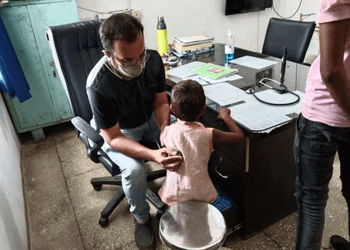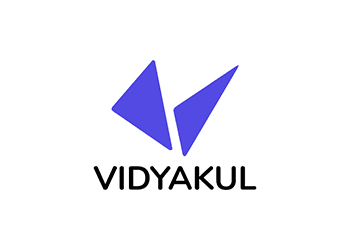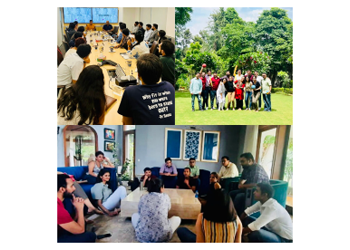According to the National Cancer Registry, 1 in 8 Indian men and 1 in 9 Indian women will develop some form of cancer in their lifetime.
These outcomes rank cancer as the most frequent non-communicable disease in India. The mortality:incidence ratio of 0.68 in India is far higher than that in very high human development index countries (0.38) as well as high HDI countries (0.57). Major causes for increased mortality ratio are lack of awareness and illiteracy leading to an advanced stage of cancer diagnosis, limited access to quality cancer care and inability of patients to afford optimum cancer care.
The COVID-19 pandemic has severely affected cancer care services, with many oncology centres having been restructured to create COVID-19 units. It is estimated that approximately 100,000 cancer cases per month will go undiagnosed & delivering cancer care that complies with standard clinical guidelines improves cure, longevity, and quality of life will be further impacted.
To combat these disparities in standards of care and its availability, the National Cancer Grid (NCG) has the primary mandate of working towards uniform standards of care across India by adopting evidence-based management guidelines. However, an analysis of 21 cases at an AB empaneled hospital in a single day showed only 31% complied with NCG treatment guidelines, while 69% had treatment errors.
There are innovative solutions, like the one being piloted by Navya Care, that use the technology plus service model to empower patients with personalised, evidence-based cancer treatment plans. Navya’s AI-based intervention has three USPTO patents and functions as a sophisticated engine that requires trained clinical staff to operate. The guidelines engine matches a patient’s medical record with clinical guidelines from the National Cancer Grid (NCG) and National Comprehensive Cancer Network (NCCN).
- The Evidence Engine uses published literature from randomised control trials and global conferences, and matches new patient data with the most applicable high quality evidence.
- The Experience Engine uses case histories, treatment decisions of experts at tertiary care centres, and patient outcomes, to create an untapped source of experiential knowledge.
- The Expert App quickly converts a medical case into a structured summary, presents evidence and experience-based options (above), and patient preference considerations, and collects and combines opinions from multiple experts – online.
ACT is excited to support Navya in developing the Earthshot Engine for breast, lung and oral cancer and thereby enable savings by cutting overtreatment cost of ~30,000 per patient, improve patient outcomes by avoiding undertreatment and ensure 100% of the patients coming to Navya receive NCG compliant care.










